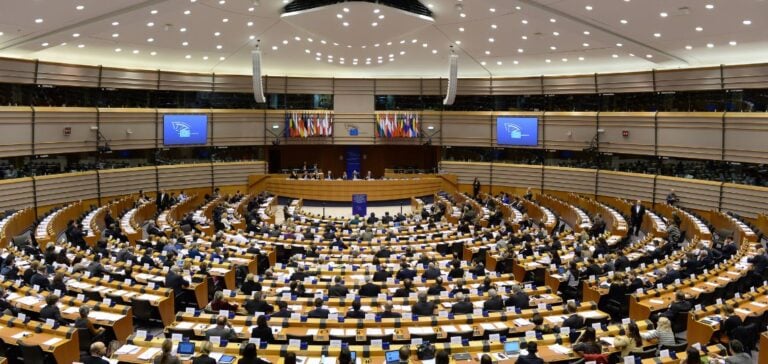At a Brussels event on nuclear energy on March 19, two days before the Brussels Nuclear Summit, MEPs from the right, left, liberals and conservatives questioned the EU’s plans to limit itself solely to renewable energies to combat climate change. Tsvetelina Penkova, from the Progressive Alliance of Socialists and Democrats group, emphasized that renewables alone are not enough for a stable power supply, stressing the need for nuclear power to provide basic electricity.
Nuclear power as a sustainable solution
The need for nuclear power, seen as the only carbon-free and controllable energy source, was reiterated by Dominique Riquet of the liberal Renew party. The inclusion of certain nuclear investments in the EU’s 2022 sustainable energy taxonomy was celebrated as a victory, despite the continuing challenges. Europe must now explain why renewable energies alone will not be enough to reduce emissions sufficiently, according to Riquet.
Acceleration of nuclear technology
In 2023, EU governments classified advanced nuclear technologies among the clean energy investment projects eligible for simplified authorization procedures. In addition, the European Parliament adopted a report favoring the development of small modular reactors, by a majority of 409 to 173, with the aim of connecting them to the European electricity grid by 2030 to reduce greenhouse gas emissions.
Comparison of emissions between France and Germany
Franc Bogovic of the European People’s Party compared the lower emissions of France, which derives around 70% of its energy from nuclear power, with those of Germany, which has closed all its reactors. France’s per capita carbon dioxide emissions are around half those of Germany. However, France has not met its renewable energy production target for 2020, and risks legal action by the European Commission if it fails to set and meet a high target for 2030.
After this year’s parliamentary elections, the EU is set to replace renewable energy targets with low-carbon energy targets, including nuclear. Previous opposition to nuclear power was based on ideology, according to Penkova. Despite a broad adoption of the SMR report in December, the S&D group was divided, with less than half of its members voting in favor. The Green Party remains united in its opposition to nuclear power.





















